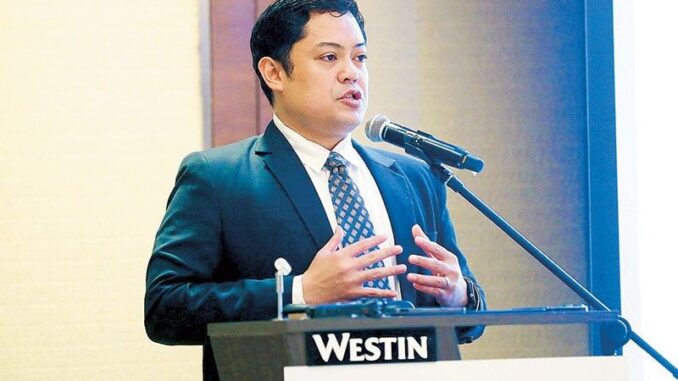
MANILA, Philippines — The Department of Transportation (DOTr) hopes to turn the Philippines into the Asian standard for sustainable mobility through several big-ticket projects currently being pursued by the government.
In a speech before the High-Level 16th Regional Environmentally Sustainable Transport Forum in Asia, Transportation Undersecretary Timothy John Batan said the Philippines is committed to leading its Asian peers in pushing for green transportation initiatives.
Batan underscored the urgency for the Philippines to pursue sustainable measures, as it is one of the countries most vulnerable to climate change across the globe.
As such, the DOTr is undertaking a multibillion-peso program to promote sustainable practices in the transportation industry. Currently, the agency is building railways that stretch throughout Metro Manila, such as the P873.62-billion North-South Commuter Railway and the P488.48-billion Metro Manila Subway Project.
Additionally, Batan said the private sector is doing its part in the railway campaign. The Light Rail Manila Corp. recently opened the first phase of the Cavite line of the Light Rail Transit Line 1, facilitating travel to the southern cities of the metro.
Apart from the railway expansion, Batan said the DOTr is implementing sustainable projects for the road sector, including the EDSA Greenways Project.
The EDSA Greenways Project will construct five kilometers of elevated walkways in four areas near the Metro Rail Transit Line 3, addressing pedestrian needs in one of the busiest roads.
The project is estimated to cost P8.5 billion, and the Asian Development Bank is supporting the Philippines in financing it.
Recently, the DOTr has also advocated for the development of bus rapid transit systems in Metro Manila and beyond. The agency is constructing bus rapid transits in Cebu and Davao, both of which borrow from the playbook of the EDSA busway.
Batan said it is important for the government to prioritize sustainability in its transport projects. Without sustainable practices, Batan warned that mobility projects could further contribute to climate change, especially if current levels of carbon emissions persist.
“As a nation that is most susceptible to the effects of climate change, growing pollution, and loss of nature and biodiversity, the Philippine transport sector reaffirms its determination to cooperate for the implementation of transformational changes within our country and among the countries in the region,” Batan said.
“The transport sector is seen to play a critical role in sustainable development, and it holds great potential to further increase the region’s climate ambitions,” he added.


Be the first to comment